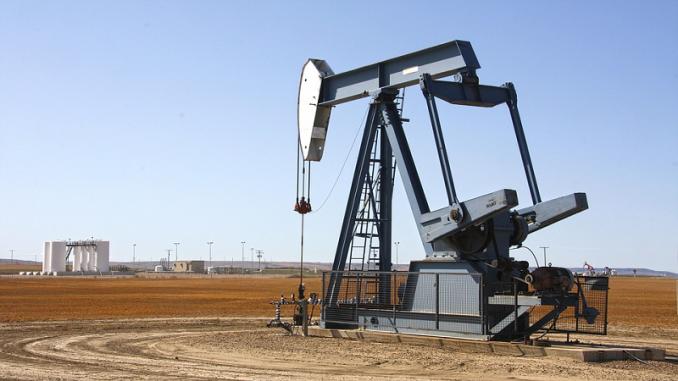
With the oil price per barrel rising significantly since the start of the year, industry experts are predicting an even higher increase in the years ahead. Looking beyond the geopolitical instability in a number of oil-exporting regions, the demand for oil remains just as strong and is expected to grow in the years to come.
Insufficient oil production
As Julien Balkany, Chairman of the Board of Norwegian oil company Panoro Energy, explains, the operational requirements for fossil fuels are still just as high, despite the distrust in hydrocarbons together with numerous public and private initiatives promoting renewable energies. Even the most optimistic of projections regarding the energy transition are still forecasting an energy mix comprising 53% hydrocarbons by the year 2040.
According to Julien Balkany, however, there has been little investment in the exploration and production of fossil fuels in recent years, which could result in an imbalance between supply and demand in the short term.
“Significant capital expenditures in exploration and production are required to keep up with the growing demand and minimize the impending deficit. The unexpected dramatic collapse in oil prices in 2014/2015 followed by a two year low oil prices environment have forced upstream companies to adjust, cut cost and delay upstream investments in order to survive. Obviously, though the cycle has turned, after over three years of under-investments the production side will indisputably show weakness at some point and a less balanced supply and demand will be looming within the next five to seven years” explains Julien Balkany.
This difference explains why the price per barrel has already risen to its current level in excess of 60 dollars.
The influence of the geopolitical context
Alongside this lack of investment, a number of geopolitical and diplomatic crises are exacerbating the situation of oil price volatility. The recent drone attacks in Saudi Arabia, attributed to Houthi rebels taking militant action against oil exploration, provide a perfect illustration of this price instability; immediately following the attacks, the oil price rose sharply, regaining stability later that day.
Donald Trump’s stance on Iranian exports will also have served to plunge the industry into further uncertainty, resulting in fluctuations and rising prices. The events of recent months serve to demonstrate that the international policy decisions made by the US seem to have a systematic impact on oil prices (China, Venezuela, Middle East, etc.).
According to Julien Balkany, “with Trump cracking down on Iran exports and halting the sanctions waivers, oil prices had already a very strong run for the first four months over the year with a 30% surge in dated Brent oil prices. The fears of a potential supply crunch have already been built in and I believe Brent oil will average near $70 a barrel in 2019 but will likely not break $80 this year. The market is currently in backwardation, meaning that the current oil prices are higher now compare to the next months, and is indicative of the immediate supply constraints but also of the ability of the Saudis to tap excess capacity”.
What about the prospects going forward?
Oil prices are likely to continue to rise. By how much? Difficult to say.
“The oil market have already been extremely volatile and nervous. Unsurprisingly, those recent unfolding events demonstrate how anxious oil markets have become and sensitive to upward oi prices pressure”, states Julien Balkany.
Several specialists do share his view that prices are likely to escalate in the coming years. Philippe Chalmin, a French economist specialising in oil-related matters, affirms that “the American measures will take effect on 2 May and the threat of sanctions by the United States on Iranian oil imports, for a certain number of countries, has already had an impact on prices”, adding that “the reaction of the Iranians could drive prices up to beyond 100 dollars a barrel”.


Leave a Reply